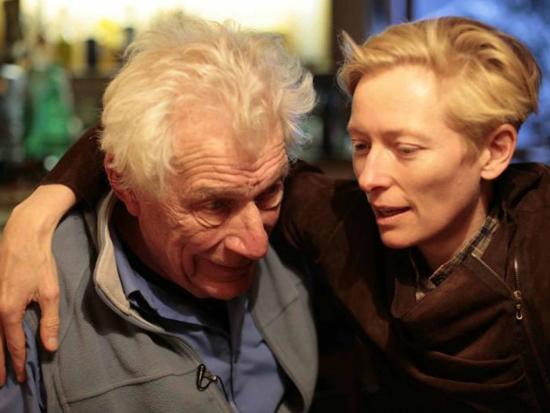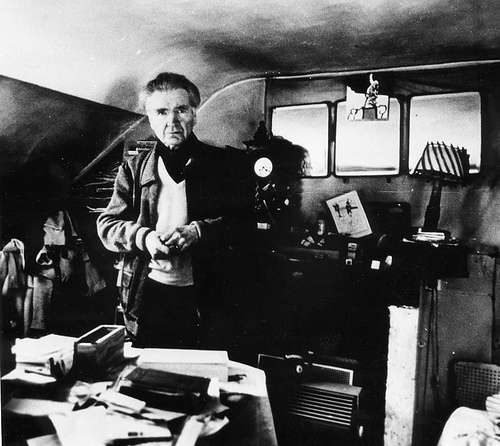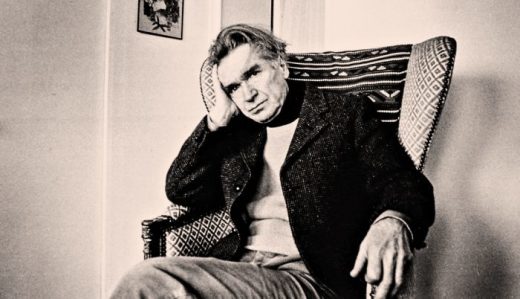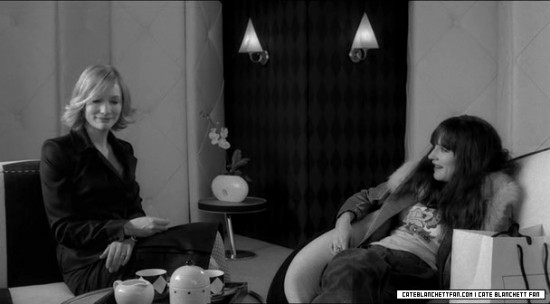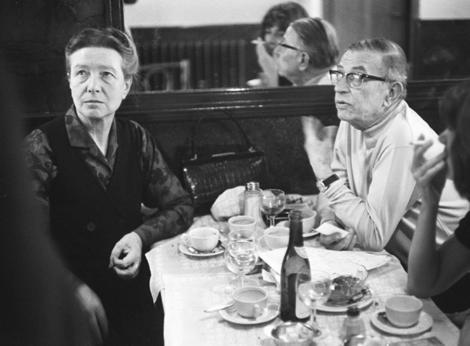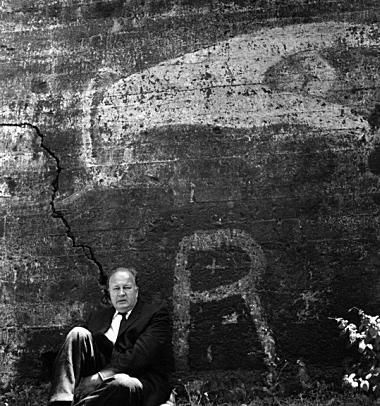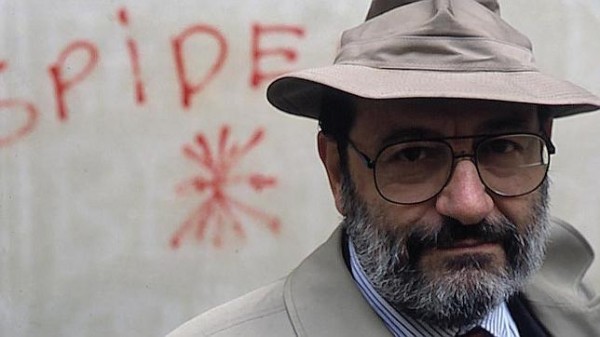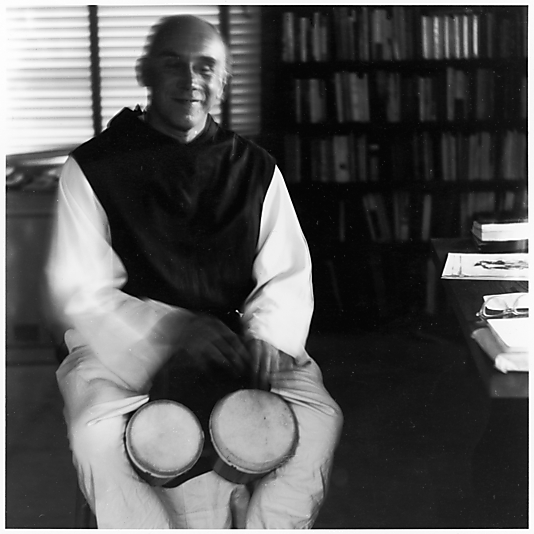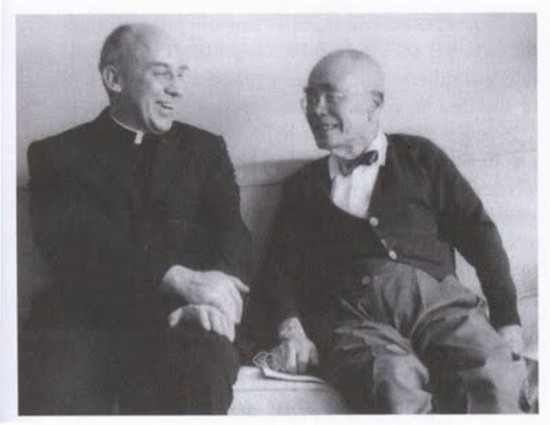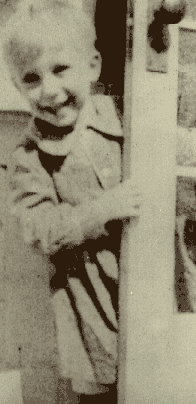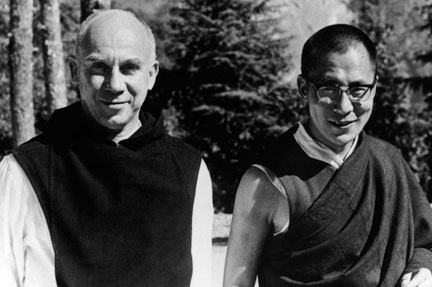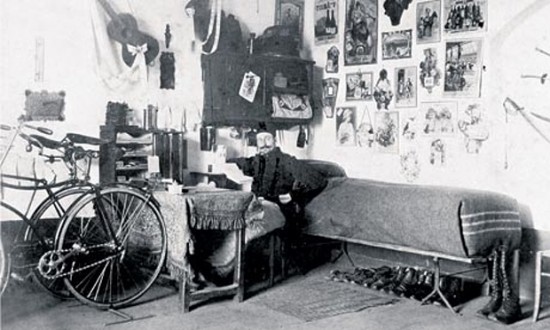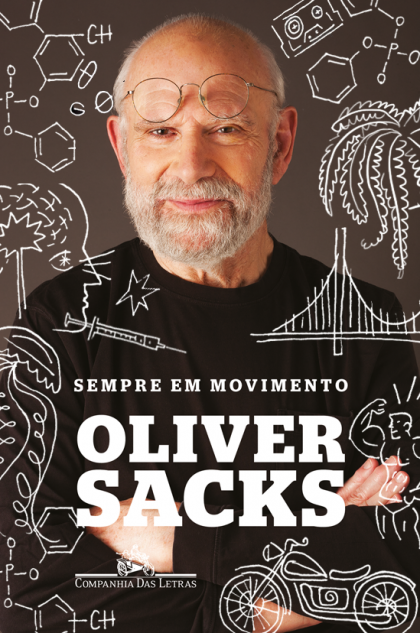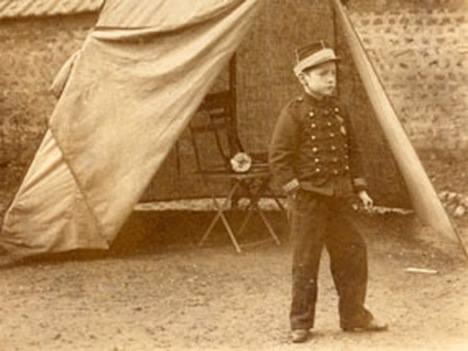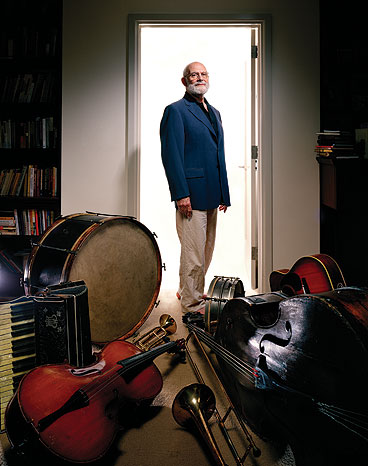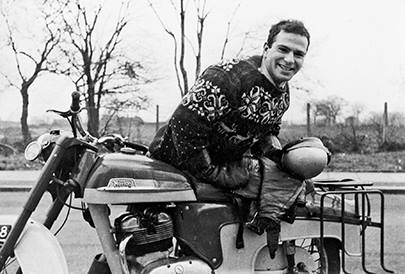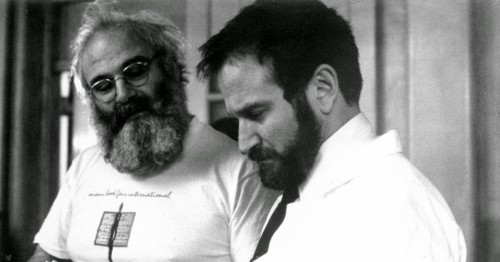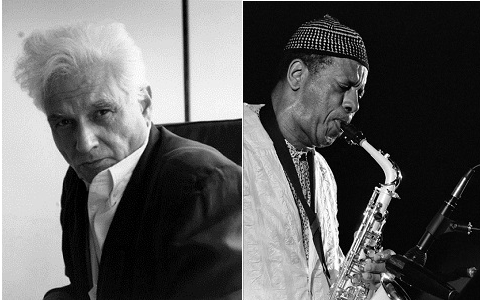John Berger dies at 90 & Tilda’s film on John Berger
Monday, January 2nd, 2017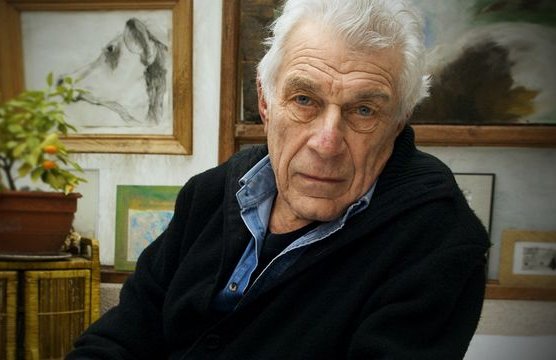
–
A meditation, in words and images, on the practice of drawing, by the author of Ways of Seeing
The seventeenth-century philosopher Baruch Spinoza—also known as Benedict or Bento de Spinoza—spent the most intense years of his short life writing. He also carried with him a sketchbook. After his sudden death, his friends rescued letters, manuscripts, notes—but no drawings.For years, without knowing what its pages might hold, John Berger has imagined finding Bento’s sketchbook, wanting to see the drawings alongside his surviving words. When one day a friend gave him a beautiful virgin sketchbook, Berger said, “This is Bento’s!” and he began to draw, taking his inspiration from the philosopher’s vision.
In this illustrated color book John Berger uses the imaginative space he creates to explore the process of drawing, politics, storytelling and Spinoza’s life and times.
Tilda Swinton on making ‘The Seasons in Quincy’, four short films about maverick artist and thinker John Berger.
For Swinton, making the film was a chance to spend time with someone who had become a firm friend. “I wanted a glimpse of his gimlet eye and a blast of his company,” is how she puts it. “I went to find him in Quincy for a check-in, for a catch-up, for a chinwag.”
Previous post – Ways of Seeing – John Bergmer.
“Never again will a single story be told as though it were the only one.” John Berger.. (Michael Ondaatjie quoted J.B. in his forward of his novel In the Skin of a Lion)
John Berger collaborated with Swiss filmmaker Alain Tanner who made inspiring films in the 70’s – (Tanner’s Messidor was remade as Thelma and Louise in Hollywood).
Revisionsing Europe the films of John Berger and Alain Tanner
is among the few existing English-language discussions of the films made by British novelist John Berger and Swiss film director Alain Tanner. It brings to light a political cinema that was unsentimental about the possibilities of revolutionary struggle and unsparing in its critique of the European left, and at the same time optimistic about the ability of radicalism and radical art to transform the world

